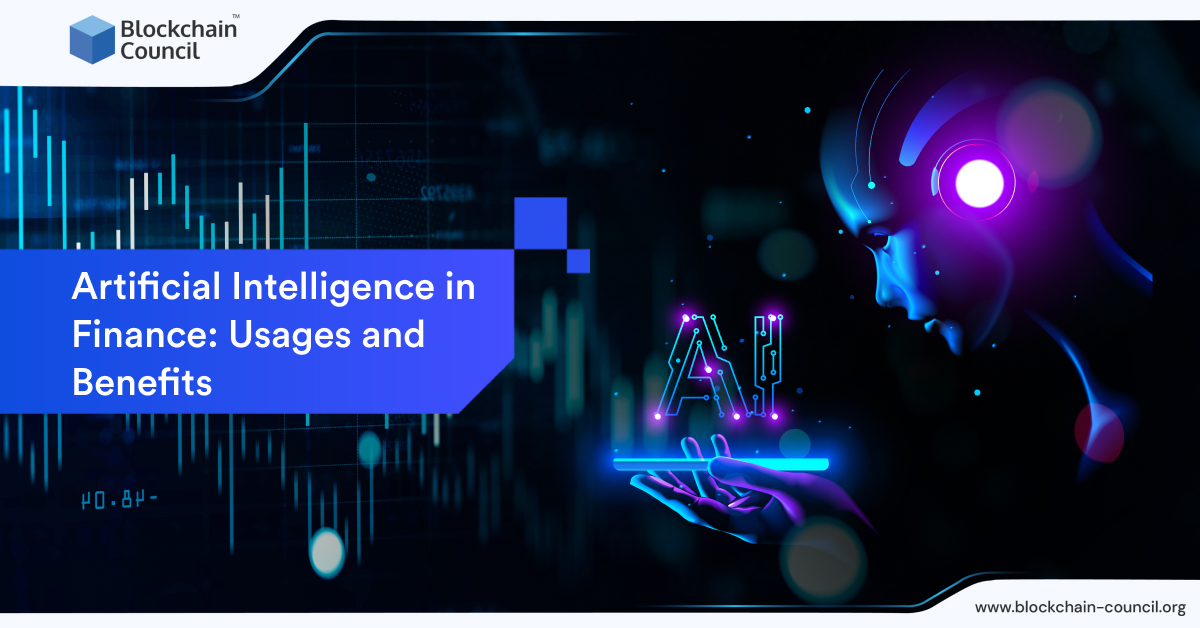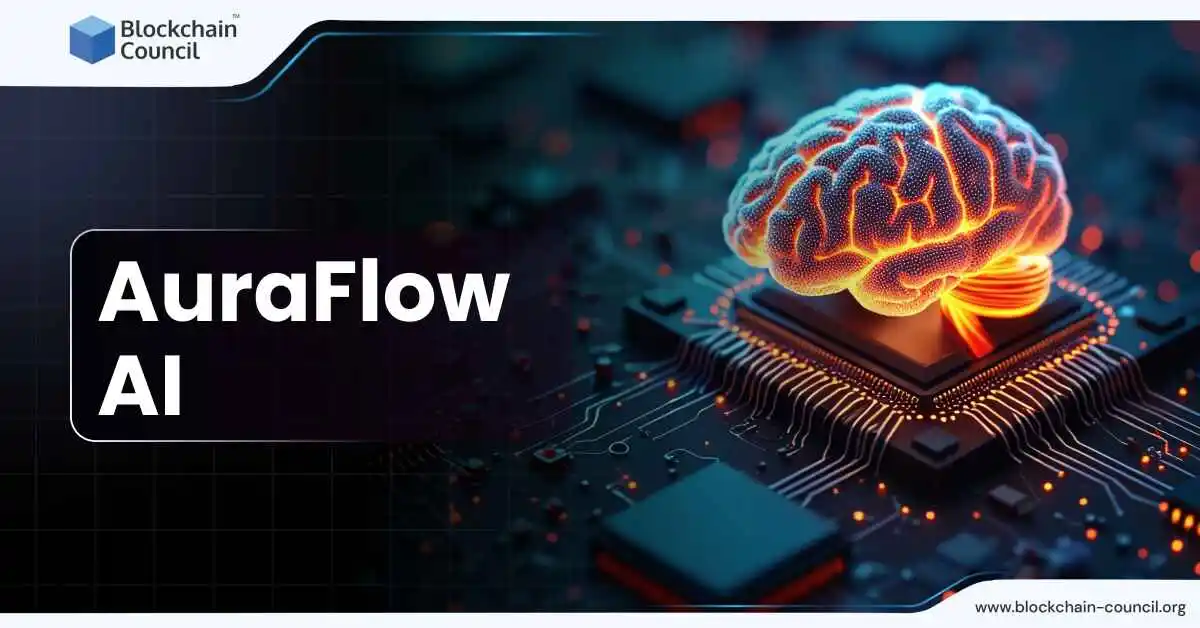
- Blockchain Council
- September 02, 2024
Artificial Intelligence (AI) is a transformative technology that has the potential to revolutionize countless industries and reshape the way we live and work. In its simplest form, AI refers to the development of computer systems capable of performing tasks that typically require human intelligence. From powering virtual assistants like Siri and Alexa to driving autonomous vehicles and predicting customer behavior, AI applications are vast and diverse, spanning across various domains. In this article, we’ll explore the basics of artificial intelligence, its key concepts, and its implications for society.
What is Artificial Intelligence?
Artificial Intelligence is a branch of computer science that focuses on the creation of intelligent machines capable of simulating human-like cognitive functions, such as learning, reasoning, problem-solving, perception, and decision-making. Unlike traditional computer programs that follow predefined instructions, AI systems can analyze data, recognize patterns, and adapt their behavior based on experience, enabling them to perform complex tasks autonomously.
Types of Artificial Intelligence
AI can be classified into several categories based on its capabilities and functionalities:
- Narrow AI: Also known as Weak AI, Narrow AI refers to AI systems designed to perform specific tasks or functions within a limited domain. Examples include speech recognition systems, image classification algorithms, and recommendation engines.
- General AI: Also known as Strong AI or AGI (Artificial General Intelligence), General AI refers to AI systems with human-like intelligence and cognitive abilities across multiple domains. General AI is still largely theoretical and remains a subject of ongoing research and speculation.
- Artificial Superintelligence: Artificial Superintelligence (ASI) refers to AI systems that surpass human intelligence and capabilities in all domains. ASI represents the hypothetical endpoint of AI development and raises significant ethical and existential questions about the future of humanity.
Key Concepts in Artificial Intelligence
Several key concepts underpin the field of artificial intelligence:
- Machine Learning: Machine Learning is a subset of AI that focuses on the development of algorithms and models capable of learning from data and making predictions or decisions without explicit programming. Supervised learning, unsupervised learning, and reinforcement learning are common approaches used in machine learning.
- Neural Networks: Neural Networks are computational models inspired by the structure and function of the human brain. These interconnected networks of artificial neurons are capable of learning complex patterns and relationships from data, making them a fundamental building block of many AI applications.
- Natural Language Processing (NLP): Natural Language Processing is a branch of AI that focuses on enabling computers to understand, interpret, and generate human language. NLP techniques are used in virtual assistants, chatbots, language translation systems, and sentiment analysis tools.
Implications of Artificial Intelligence
Artificial Intelligence has far-reaching implications for society, economy, and the future of humanity:
- Automation: AI-powered automation has the potential to transform industries by, streamlining processes, maximizing resource utilization, reducing costs, and increasing efficiency. However, widespread adoption of AI-driven automation could also lead to job displacement and socioeconomic inequalities.
- Ethical and Social Impact: The development and deployment of AI raise complex ethical and social issues, including bias and fairness, privacy and surveillance, accountability and transparency, and the future of work. Addressing these challenges requires careful consideration of ethical principles, regulatory frameworks, and responsible AI practices.
- Technological Progress: AI innovation and research are driving technological progress and breakthroughs in areas such as healthcare, transportation, finance, education, and entertainment. From personalized medicine and autonomous vehicles to predictive analytics and smart cities, AI has the potential to improve the quality of life and solve some of humanity’s most pressing challenges.
Conclusion
Artificial Intelligence holds immense promise and potential to transform the way we live, work, and interact with the world around us. By understanding the basics of AI, its key concepts, and its implications for society, individuals and organizations can navigate the opportunities and challenges presented by this transformative technology. As AI continues to advance and evolve, it is essential to approach its development and deployment with careful consideration of ethical, social, and economic considerations, ensuring that AI benefits humanity as a whole.





































































 Guides
Guides News
News Blockchain
Blockchain Cryptocurrency
& Digital Assets
Cryptocurrency
& Digital Assets Web3
Web3 Metaverse & NFTs
Metaverse & NFTs
